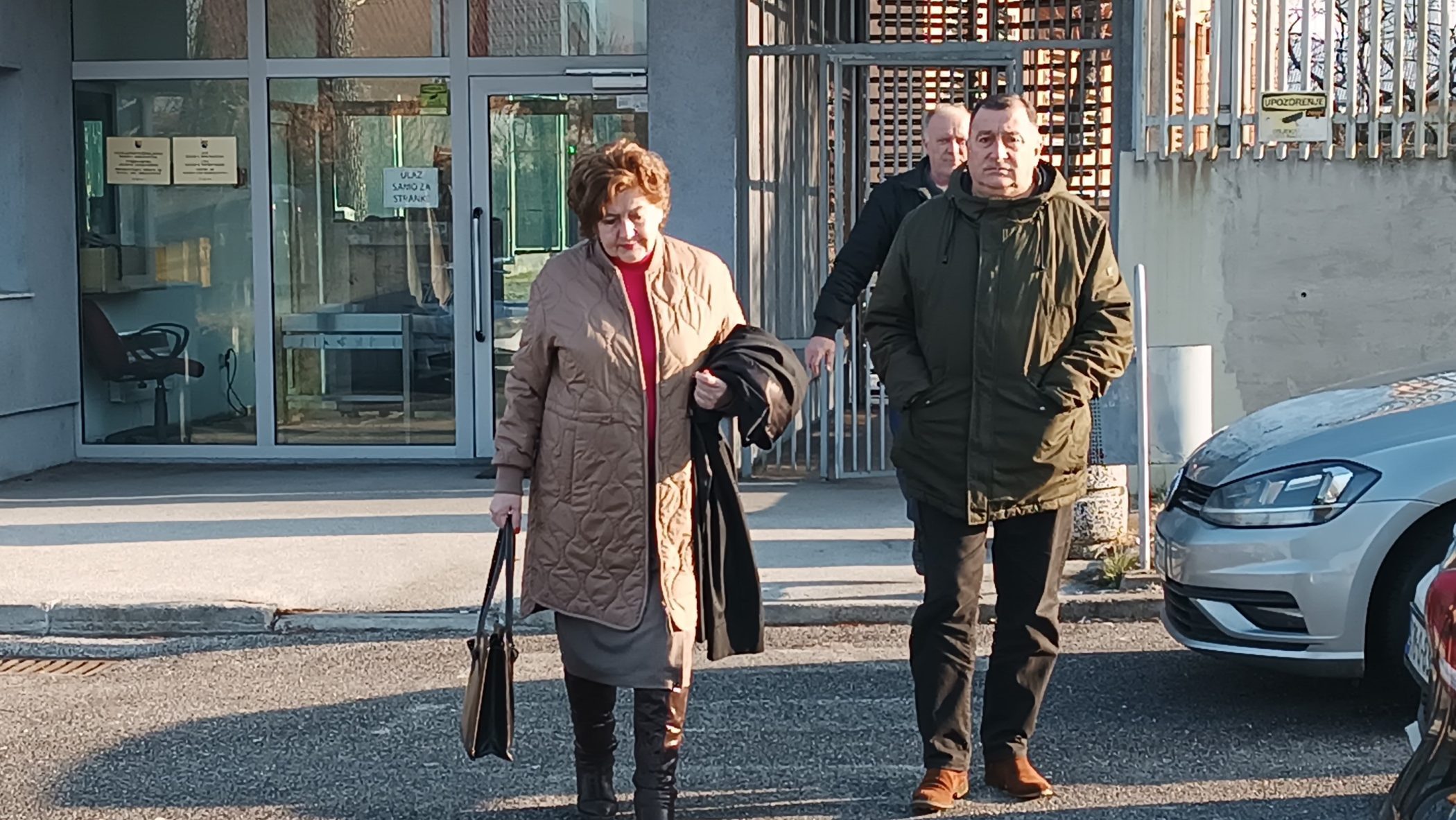This post is also available in: Bosnian
“After having been captured, we were first taken to Stipo Djerek school building. The Army of Bosnia and Herzegovina was based there. They locked us, about 50 HVO soldiers, in the school gym. We were not examined, but some of us were taken out and beaten. We had to lie down facing the ground. Whoever raised his head would be beaten. I was hit on my head twice,” Kolobrad said.
Nisvet Gasal, Musajb Kukavica, Enes Handzic and Senad Dautovic are charged with having participated in a number of crimes committed against Bosnian Croats who were detained in garages and detention camps in Bugojno, in the course of 1993 and 1994.
The indictment charges Gasal and Kukavica with crimes committed in “Iskra” detention camp. Handzic, former assistant commander for security of the 307th Brigade with the Army of Bosnia and Herzegovina, and Dautovic, a former member of the Joint Staffs of the Army of Bosnia and Herzegovina in Bugojno, are charged with participating in planning and carrying out the capture of civilians in that town.
According to Kolobrad, after being detained in the school building, the soldiers were transferred to the gymnasium building in Bugojno, “in which the Staffs of the Military Police of the Army of Bosnia and Herzegovina were based”.
“There were some civilians, who were held in that building with us. I particularly remember one lady, who was there together with her daughter,” Kolobrad recalled.
The witness said that seven days later all the detainees were transferred from that building to a furniture shop, where they stayed overnight. Some were taken to the upper floor and beaten. The following day they were transferred to Vojin Paleksic school gym.
The witness told the Court that he was transferred from the school to “Iskra” stadium detention camp one month later, adding that he knew that “Gasal was manager and Kukavica was a guard” in the detention camp.
“There were about 50 of us in one room, which was about 30 square meters big. We literally slept on top of each other or on a tile floor. There was one toilet for all of us. We used to be taken to the front lines, where we performed physical labour,” said Kolobrad, who was exchanged on March 19, 1994.
The second Prosecution witness, Damir Grgic, was first detained in “some houses, in which all Croats were gathered”. After that, military policemen took him to the Cultural and Sports Center building.
“As I was approaching the entrance, a military policeman told me to take off my shoes. They told us that we had to clean the floor, while walking on broken glass barefoot. When we finished doing that, they escorted us to a room. We stayed there for about seven days, before being taken to the furniture shop. The floor was covered with water. Some people were beaten on the upper floor. The following
morning they took us to Vojin Paleksic school building,” Grgic said, adding that about 200 soldiers were detained in the school.
“A few days later they took us to the Iskra stadium. We stayed there for a while, before being taken to Gornji Vakuf to perform some labour near the front lines. We spent 40 days there. Upon our return to the detention camp, we noted that the living conditions were very bad. Food was brought once a day only. We usually got boiled lentils,” the witness said.
The trial is due to continue on March 11, 2009.



